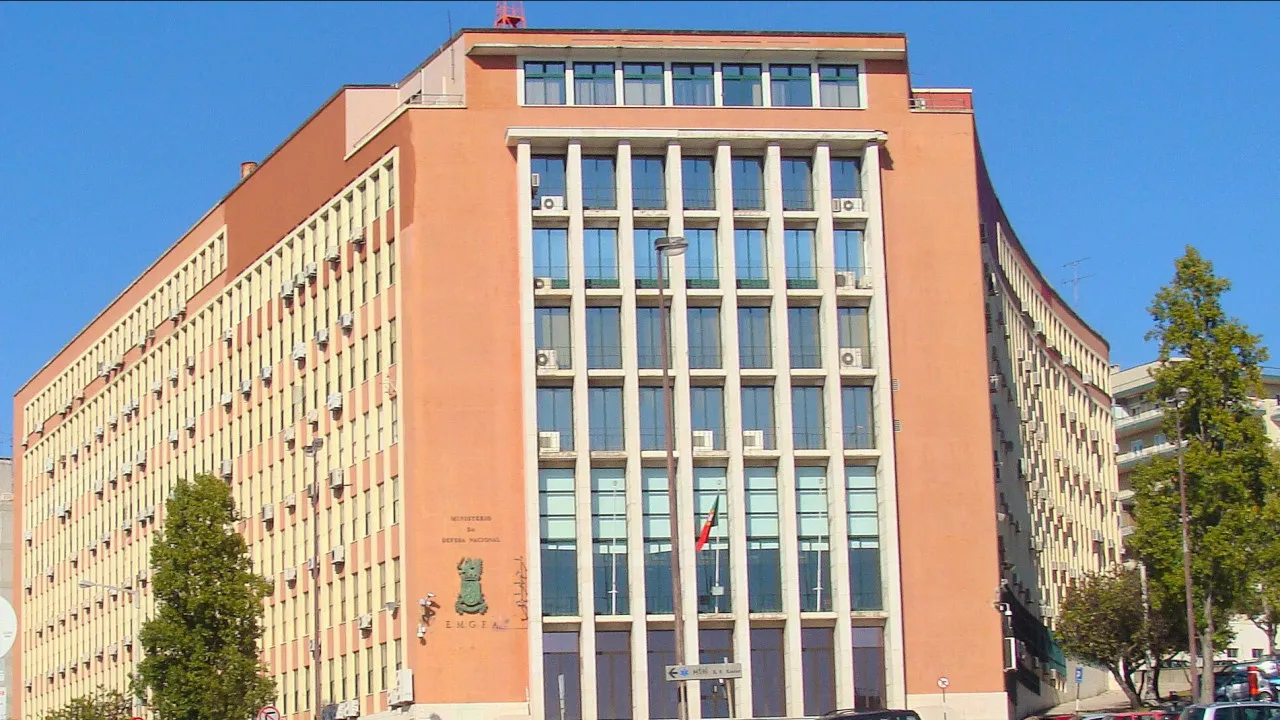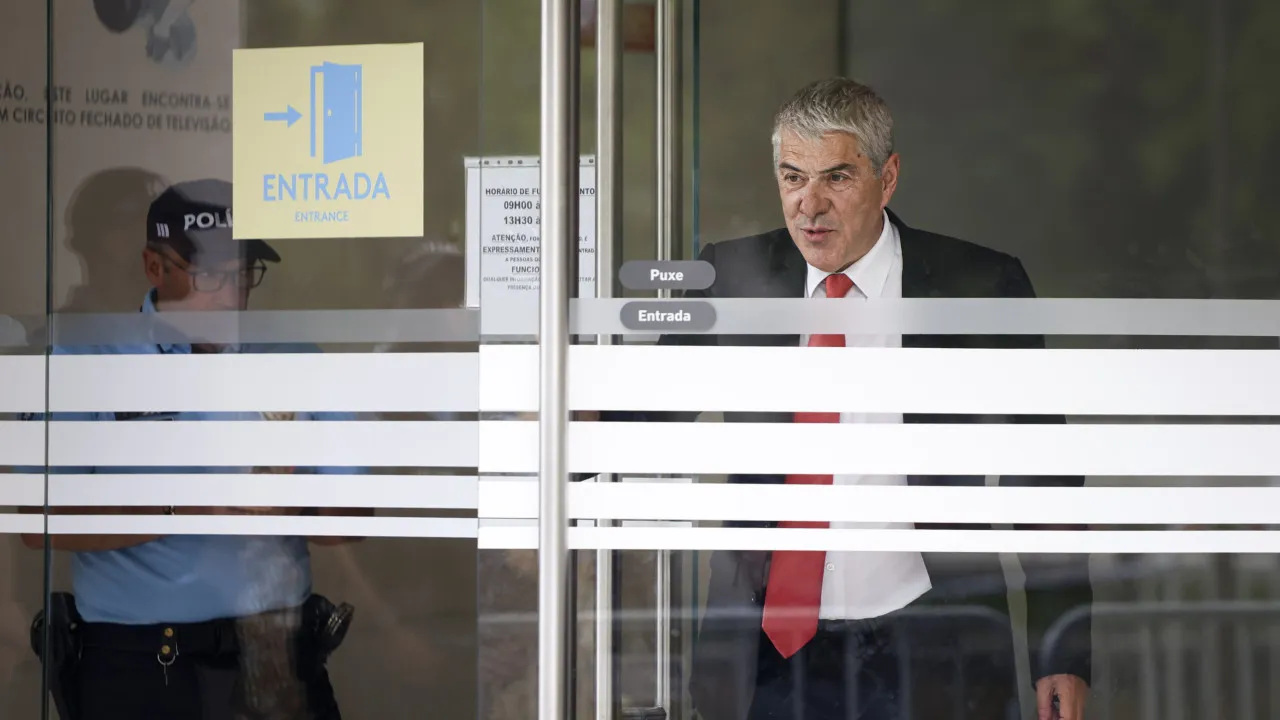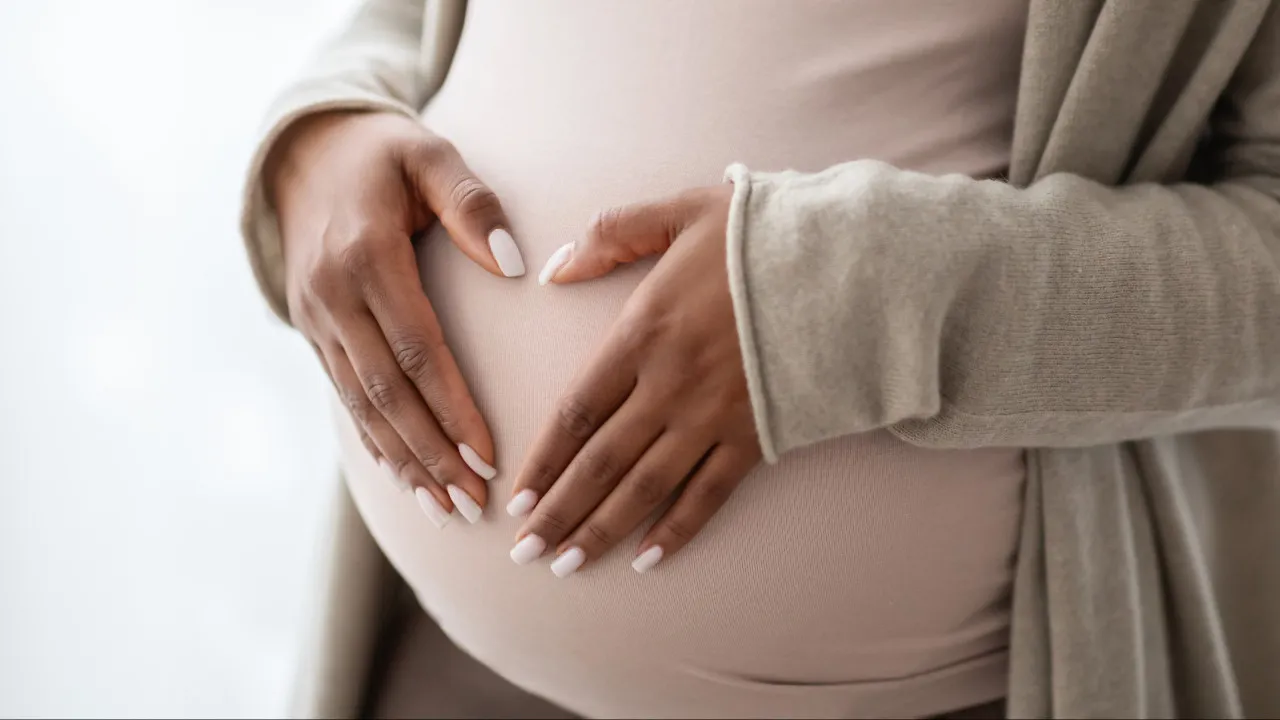The E_Lar program, designed to support families in acquiring more efficient home appliances, will launch “very soon,” confirmed the Ministry of Environment. Originally slated to begin in mid-June, the timeline has slightly shifted due to the current priority of concluding assessments and payments for the Sustainable Buildings Support Program (PAES 2023).
According to government reports, “this effort is nearly complete” with “81,069 applications submitted, of which 77,948 were deemed valid.” In total, “54 million euros have already been paid, covering more than 85% of the evaluated applications.”
This success is attributed to reorganizing the Environmental Fund’s structure, creating the Climate Agency, strengthening technical teams in collaboration with major universities, and adopting new digital evaluation tools developed alongside INESC-ID, the Ministry led by Maria da Graça Carvalho noted.
Support for Appliance Purchases: How Will It Work?
E_Lar aims to enhance household thermal comfort by replacing inefficient appliances and gas equipment with more efficient and sustainable electric solutions.
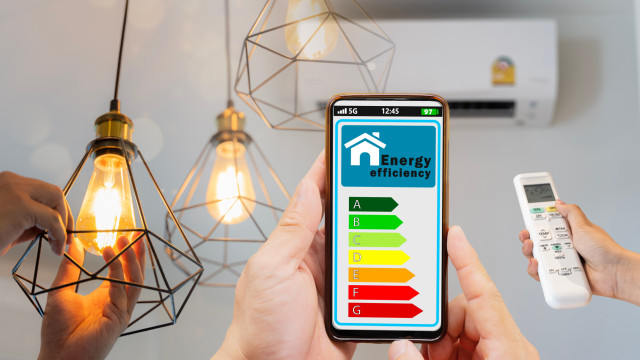
Similar to the ‘Efficiency Voucher’ program, it specifically targets social energy tariff beneficiaries and those receiving minimum social benefits.
The Environment Ministry confirms that the program will start imminently, with details pending finalization. Key features include:
- Access will be “simple, fast, and aimed at families in greatest need,” with direct support from Energy Spaces across the country;
- Targeted at beneficiaries of the social energy tariff and minimum social benefits;
- Supporting electric equipment of energy class A or higher, replacing less efficient gas appliances;
- Each beneficiary will receive financial support with a maximum cap, without a fixed limit on the number of appliances;
- The measure follows PRR management and control models, ensuring robust verification and “oversight,” including on-site checks and recovery of undue amounts.
The initiative forms part of the E_Lar – Sustainable Neighborhoods package, approved by the European Commission with over 100 million euros invested, and precedes the 1.6 billion euro Climate Social Fund projected until 2030, aimed at protecting the most vulnerable during the energy transition.
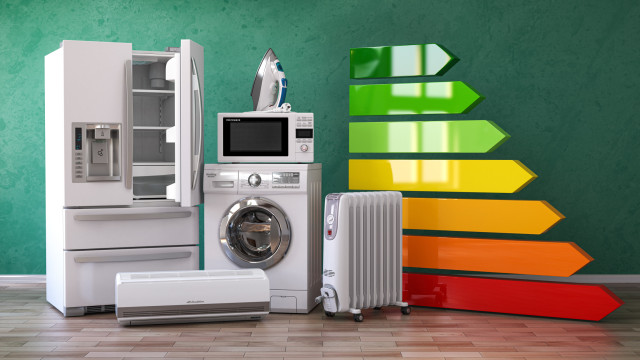
The goal is to assist vulnerable families in replacing old appliances with more energy-efficient models.


